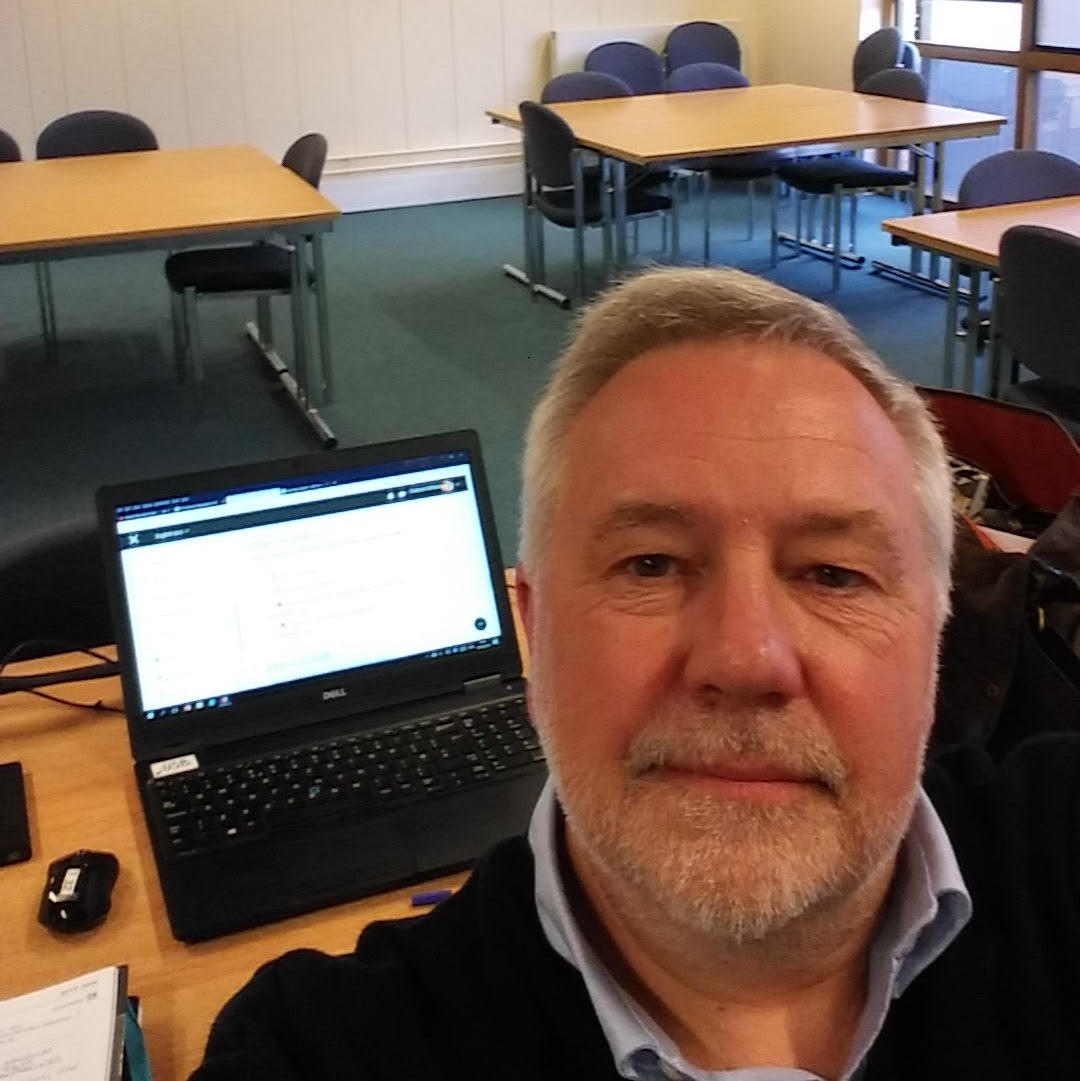Is the Documentary Group a vehicle for innovation?
I find some aspects inspire me to try things that are new to me. Equally there are some that don’t. It has most definitely given me the confidence to want to innovate and to find at least one way of doing so.
It was membership of this group that helped me through my OU certificate, that helped me identify the genre and subgenres that I resonate with, and that led me to want to explore a more formal preparation in applied documentary photography.
It led me to sign up for the Falmouth MA (although that wasn’t for me in the longer run). It introduced me to people further into their own journeys, who engaged with me as an equal, and who helped me understand my own development path. It provided advice and guidance about choosing alternative routes.
Membership has provided me with ways of volunteering that allow me to contribute to the group by drawing on my existing skills, and through which I can be inspired and get a better perspective on the world of documentary photography.
As you said elsewhere, it is often at the interfaces of disciplines that innovation occurs, and I am delighted to have found a potential way of uniting my interest in behavioural science with my photography to achieve a far bigger impact with my work than I had perhaps dreamt of.
It was members of this group who helped me rebuild my confidence when it was knocked by someone whose approach seemed so alien to mine, who adopted an antagonistic stance, and used his position of authority to undermine me.
In a few weeks’ time, the group has provided me with an opportunity to try out some of my ideas for collaborative working in documentary projects. Some might not consider this ‘innovative’, but it appears to be an idea that is slowly coming of its time, and is certainly innovative to many.
The fastest way to learn is to teach, and it was because of my experience within the Documentary Group that I was able to get a foot in the door of the educational element of photography, and to become a member of its embryonic professional body.
Again, it was membership of this group that gave me the confidence to step in to help run a special interest group in Street Photography in Oxford – we have over 100 members, organise six events a year and are about to have our first public exhibition. This simply wouldn’t have happened if I had not been a member of the Documentary Group, and had this forum in which to bounce ideas around, and balance my fledgling views with the wisdom of others.
Last week, I wrote the first half chapter of my first serious photography book. I won’t give the game away, but it certainly tries to teach photography (not exclusively documentary) in a modern, and highly innovative, way. It was conversations on this forum, especially, that highlighted the need and a path to do something.
So, personally, YES, the Documentary Group is very much a vehicle for innovation. We have to define that for ourselves, and we have to be prepared to put work in, in order to get something out. But that is life.

